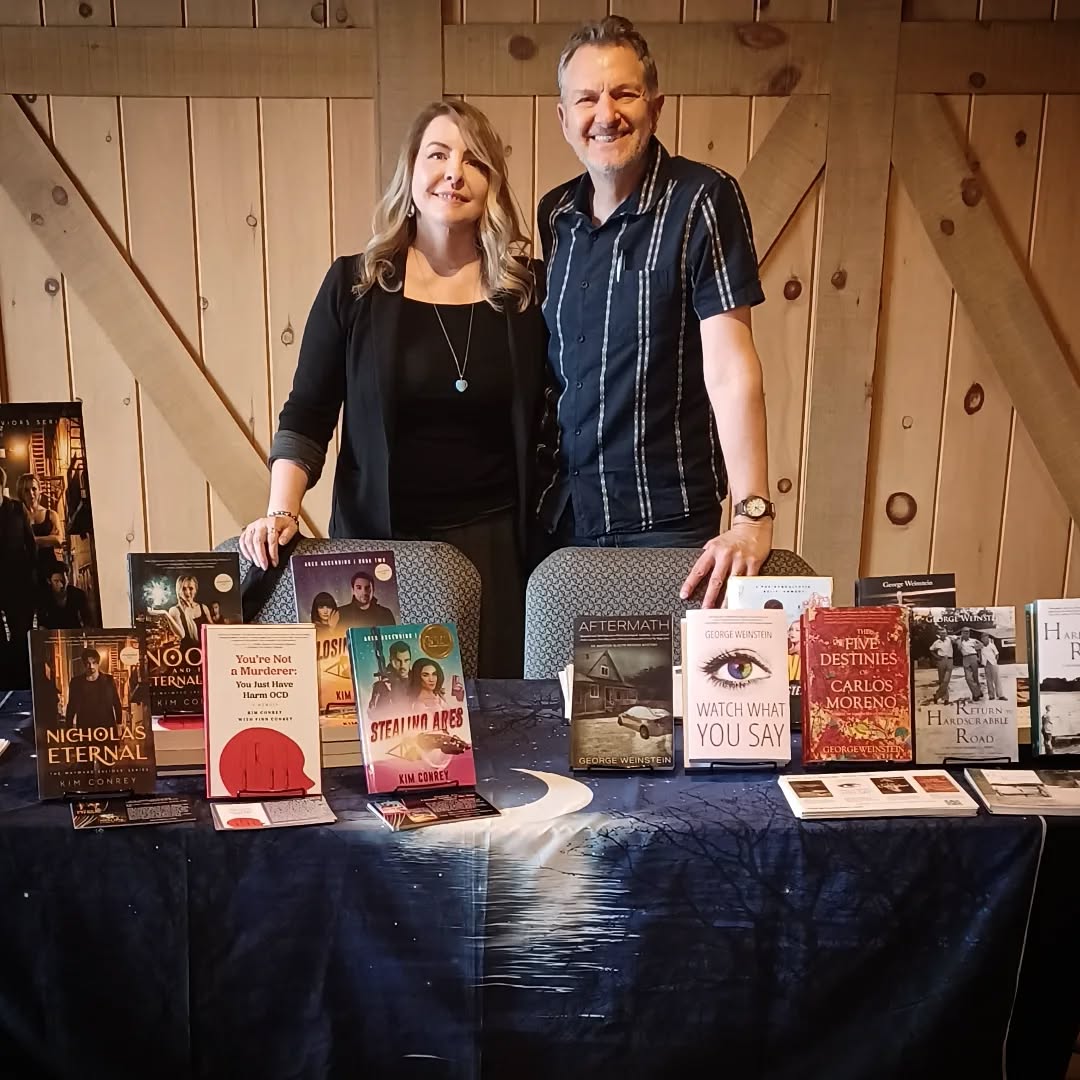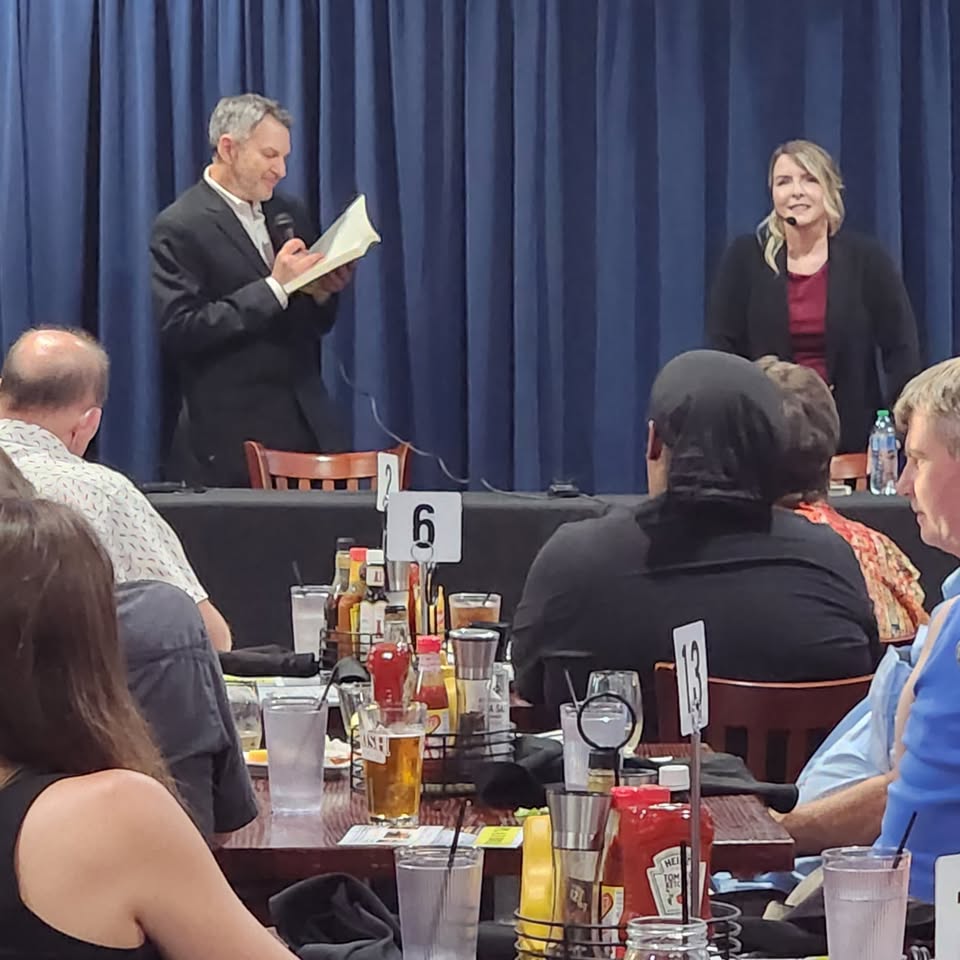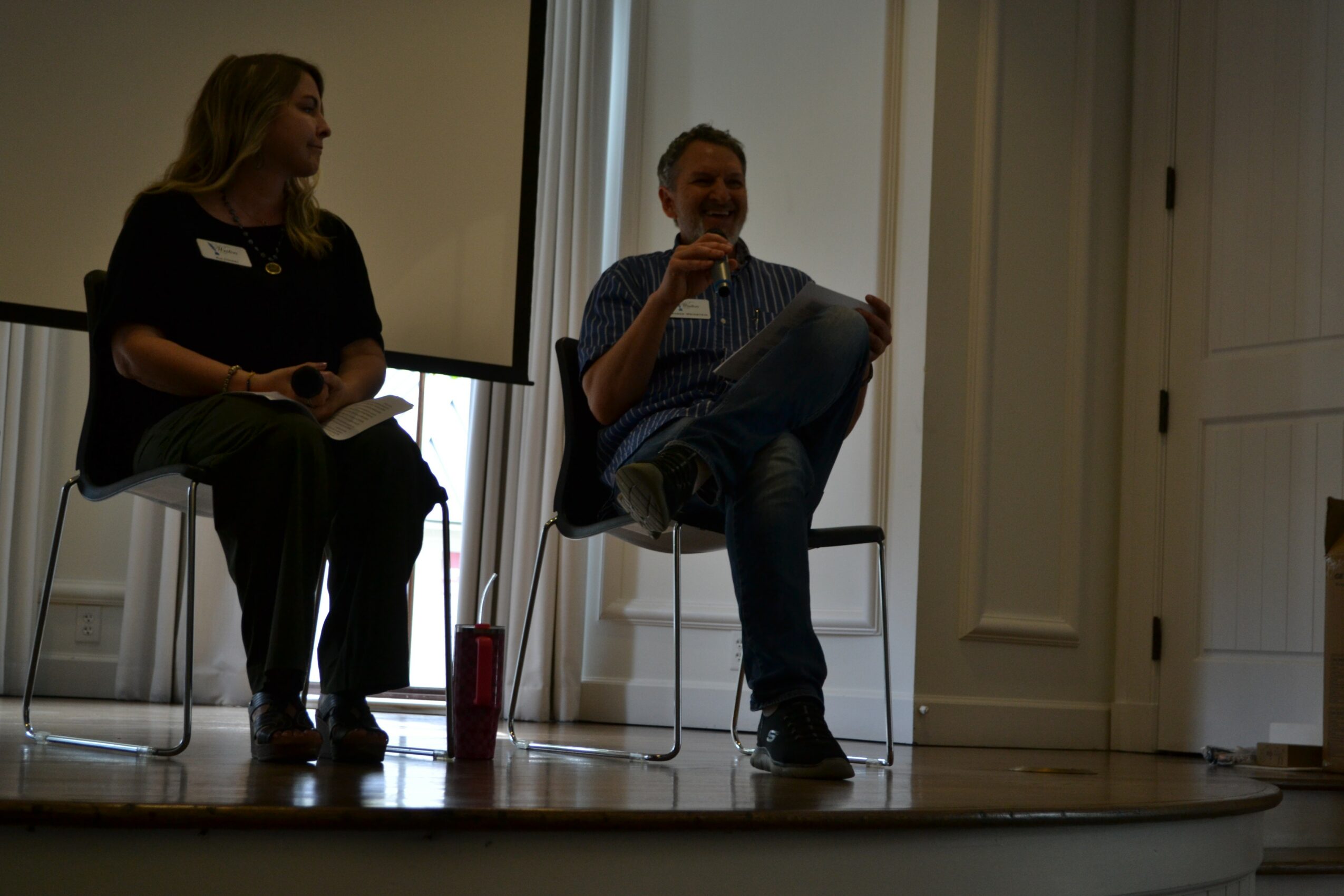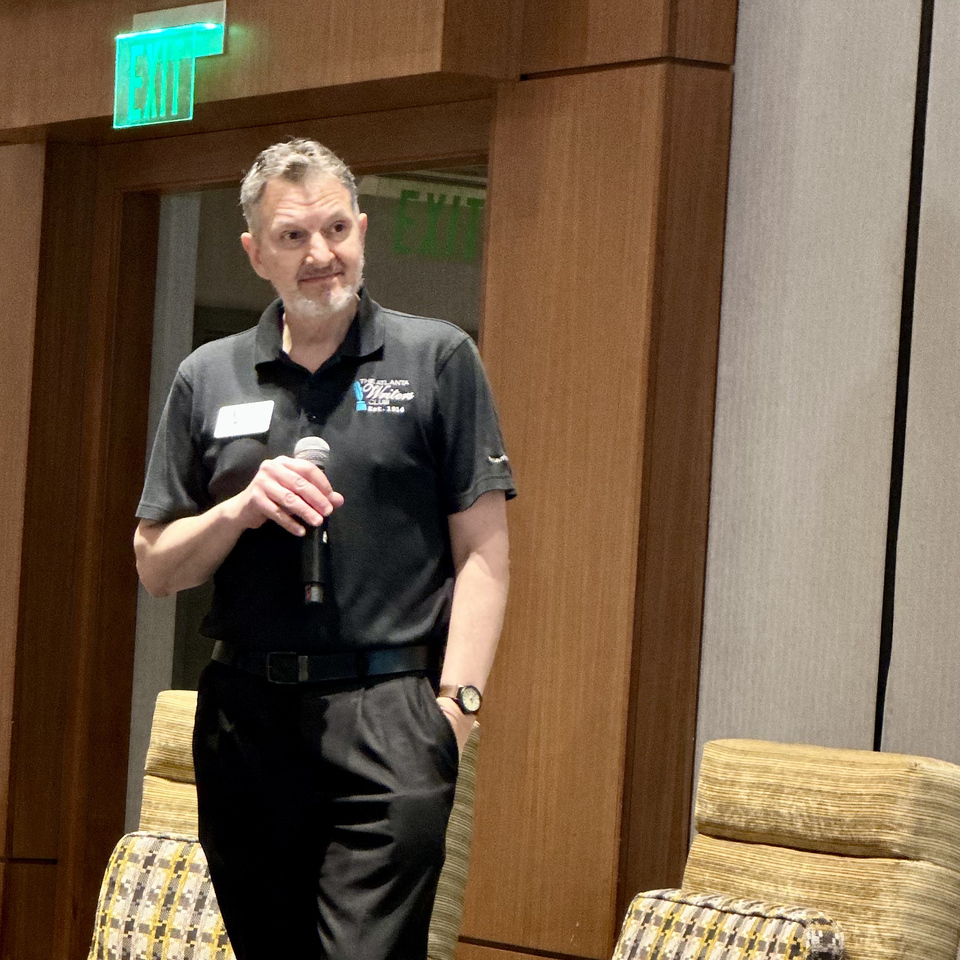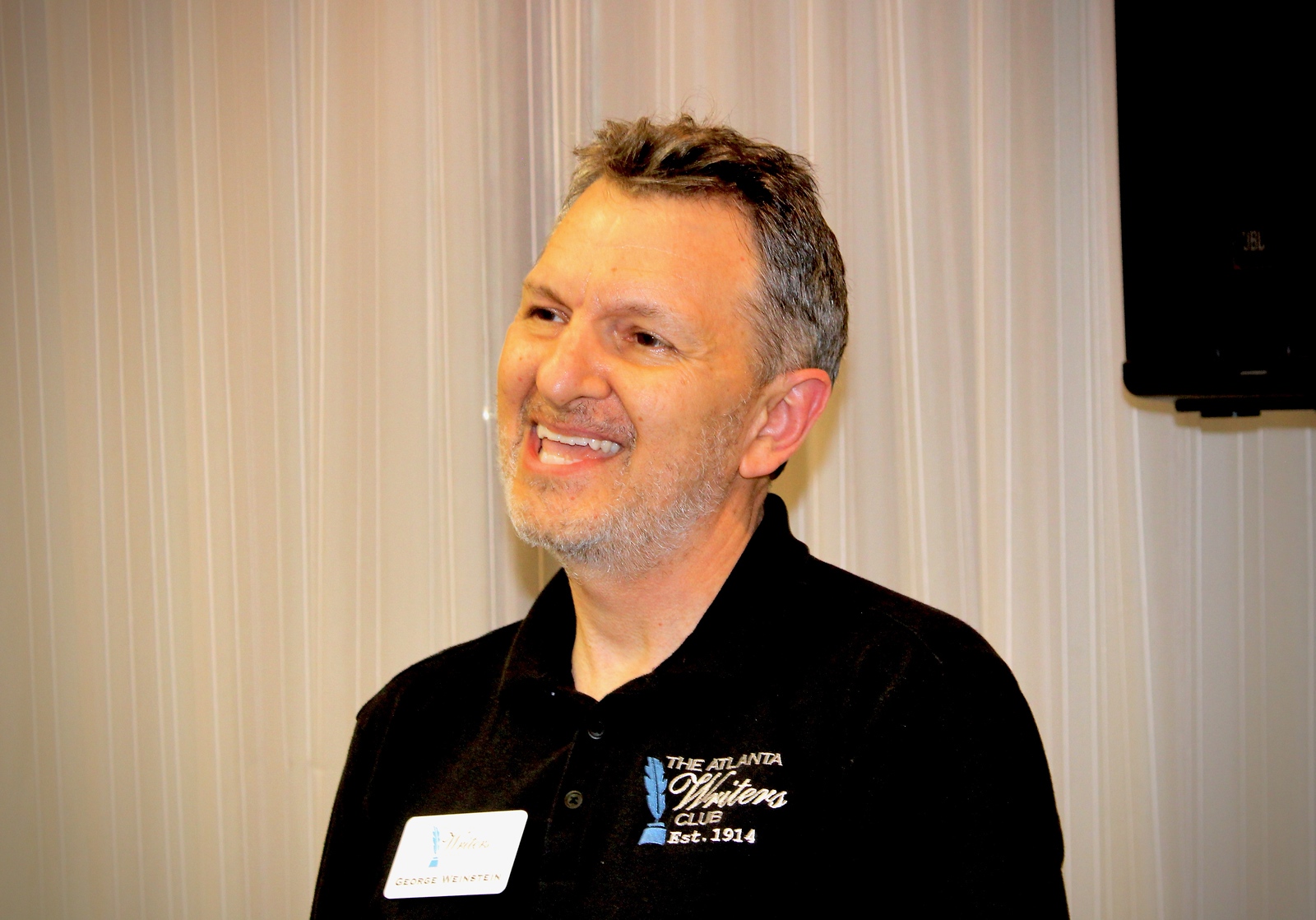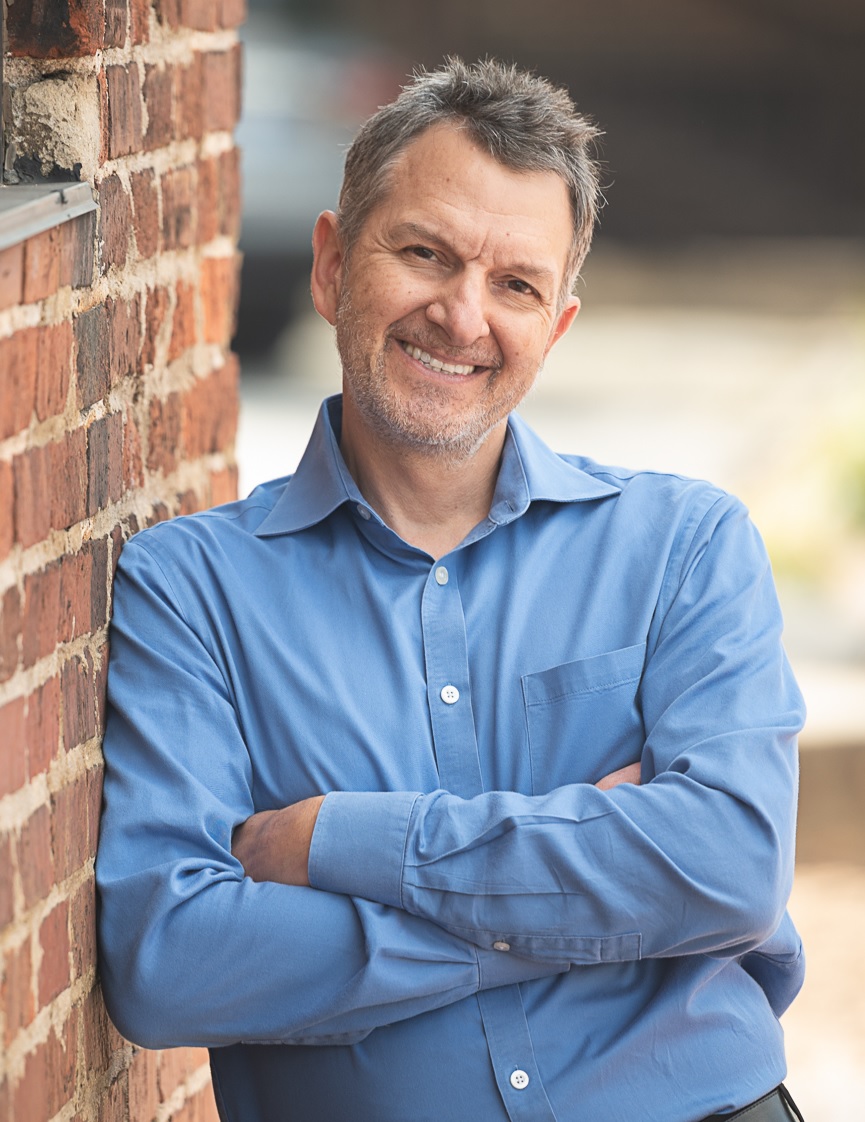

George Weinstein shared their story and experiences with us recently and you can find our conversation below.
Good morning George, it’s such a great way to kick off the day – I think our readers will love hearing your stories, experiences and about how you think about life and work. Let’s jump right in? What do the first 90 minutes of your day look like?
I exercise, make breakfast for the family and myself, and get cleaned up. If I don’t exercise first thing, I know I’ll make excuses and never get to it that day!
Can you briefly introduce yourself and share what makes you or your brand unique?
I’m George Weinstein, author of eight novels so far and executive director of the historic Atlanta Writers Club (AWC). I’ve written all my life–as soon as I learned to read, I started to write my own stories–and I’ve been involved in the AWC for 25 years. The nonprofit club was founded in 1914 and teaches the craft and business of writing to over 1,500 members. I manage the club’s two annual Atlanta Writers Conferences–focused on traditional publishing, with agents and publishers doing critiques and responding to pitches–the annual Atlanta Self-Publishing Conference, which helps indie authors build their audience and sell more books; an author mentorship program; a debut and emerging authors cohort program to help these individuals successfully launch their books; over 60 critique groups online and in-person around the metro Atlanta area and beyond; a craft of writing certificate program; and more. The AWC is my calling, and my involvement has brought me so much more than I can ever repay, including introducing me to my wife–award-winning author Kim Conrey–and all of my best friends.
Appreciate your sharing that. Let’s talk about your life, growing up and some of topics and learnings around that. What did you believe about yourself as a child that you no longer believe?
As a child, I thought I passed through the world without leaving a ripple behind–forgettable, uninfluential, unimportant. As an adult, I’ve seen how each person makes a difference in other people’s lives. I now understand how much I can help others by being present for them, hearing their needs, and assisting them in any way I can, from answering questions to introducing them to the right people or resources and occasionally creating a program that can make their dreams come true.
What did suffering teach you that success never could?
Through suffering and failing, I learned the importance of persevering, doubling down and trying again and again. I often tell writers that the only one who fails is the one who quits. If they keep trying, they will succeed. Success might not look exactly the way they envisioned, but they will have achieved goals that are important to them.
If I had succeeded in my first try at anything, I would’ve had the misperception that life is easy and that those who weren’t getting what they wanted just weren’t trying. Early, effortless success creates the curse of unlimited potential–then when inevitable obstacles appear and breaks don’t go one’s way, it’s harder to learn survival skills because one is constantly trying to rekindle the magic that led to their overnight success instead of trying new things and learning to fail with grace until they can at last succeed again.
So a lot of these questions go deep, but if you are open to it, we’ve got a few more questions that we’d love to get your take on. What are the biggest lies your industry tells itself?
The publishing industry–both traditional and indie–likes to tell itself that they have figured out how to create totally subjective work–literary art–and sell it to a knowable, calculatable public. There is nothing objective or certain about writing books (for every breakout bestseller there are thousands of similar books that are better written but never catch one) and there is nothing guaranteed about readers’ interests. The creating and the consuming are all based on emotions, which are inherently subjective and unpredictable. Those of us who work within this industry as authors must deliver art that is true to our emotions for it to resonate at all with readers, but even if we do, how the public responds to that creation is out of our hands, and we have to be content with that lack of control.
Okay, so before we go, let’s tackle one more area. What is the story you hope people tell about you when you’re gone?
I hope people talk about how much I cared about other writers and sought to help them. Even more than that, though, I hope people realize they can do the same, that nothing I had done was unique to my talents, and they can also play a role in helping their peers achieve their goals and dreams. One’s personal success doesn’t mean nearly as much as leaving a legacy of having helped others and modeling a way for those others to pay it forward.
Contact Info:
- Website: https://www.georgeweinstein.com/
- Instagram: https://www.instagram.com/georgeweinsteinga/
- Linkedin: https://www.linkedin.com/in/george-weinstein-416b7311/
- Facebook: https://www.facebook.com/george.weinstein.5/
- Other: Atlanta Writers Club: https://atlantawritersclub.org/
